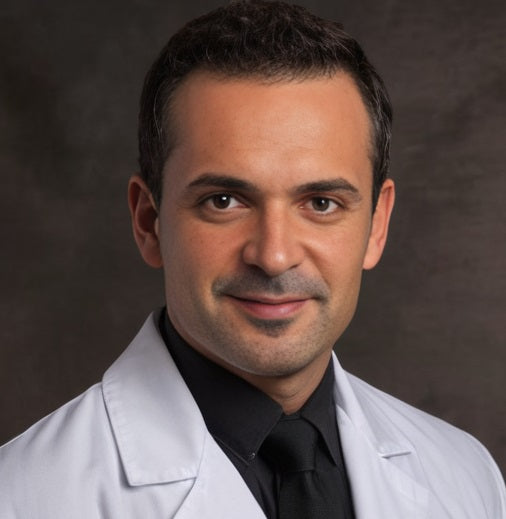During pregnancy, your body works tirelessly to support your growing baby. One nutrient that plays a critical role in your health and your baby’s development is vitamin D. From strengthening bones to supporting the immune system, getting enough vitamin D can make a big difference in your pregnancy experience. Let’s explore why vitamin D matters, how much you need, and the best ways to get it.
Why Is Vitamin D Important During Pregnancy?
Vitamin D is essential for many reasons, but during pregnancy, it becomes even more critical for both mom and baby:-
Supports Bone Development
Vitamin D helps the body absorb calcium, which is crucial for building your baby’s bones and teeth. Without enough vitamin D, babies may be at risk for weak bones or conditions like rickets. -
Boosts Immune Function
A healthy immune system is important for both you and your baby. Adequate vitamin D levels can help reduce the risk of infections during pregnancy. -
Reduces Risk of Pregnancy Complications
Some studies suggest that low vitamin D levels during pregnancy may increase the risk of complications, such as pre-eclampsia and gestational diabetes. Ensuring adequate intake may help lower these risks.
How Much Vitamin D Do You Need?
The recommended daily intake of vitamin D for pregnant women is 600 IU (15 micrograms) per day. However, some healthcare providers may recommend a higher dose, especially if your blood levels are low or if you have limited sun exposure.
Best Sources of Vitamin D
Getting enough vitamin D can be challenging, especially if you live in a place with limited sunlight. Here are the best dietary and lifestyle sources:
1. Sunlight
Spending time in the sun helps your body naturally produce vitamin D. Aim for 10-15 minutes of sun exposure on your arms and legs a few times a week. Be sure to balance sun exposure with the need to protect your skin from UV damage.
2. Food Sources
While not many foods naturally contain vitamin D, some are fortified or naturally rich in the nutrient:- Fatty Fish: Salmon, mackerel, and sardines are excellent sources.
- Egg Yolks: A versatile and easy-to-prepare source of vitamin D.
- Fortified Foods: Many dairy products, plant-based milks, and cereals are fortified with vitamin D.
- Mushrooms: Some varieties, especially those exposed to UV light, contain vitamin D.
3. Supplements
Prenatal vitamins usually contain vitamin D, but it’s important to check the label to ensure you’re getting enough. If your doctor finds that your levels are low, they may recommend an additional vitamin D supplement.
Signs of Vitamin D Deficiency
Pregnant women who don’t get enough vitamin D may experience:- Bone pain or muscle weakness
- Fatigue
- Frequent infections
In severe cases, deficiency can affect the baby’s bone health and increase the risk of complications during pregnancy.
Tips for Ensuring Adequate Vitamin D Intake
- Plan Balanced Meals: Incorporate vitamin D-rich foods like fish, eggs, and fortified products into your daily diet.
- Spend Time Outdoors: If possible, try to get some sunlight exposure, especially during the early morning or late afternoon.
-
Monitor Your Levels: If you’re concerned about your vitamin D intake, ask your doctor about a blood test to check your levels.
Final Thoughts
Vitamin D is a powerhouse nutrient that supports both your health and your baby’s development during pregnancy. Whether through sunlight, diet, or supplements, ensuring you get enough can help reduce the risk of complications and set the foundation for a healthy pregnancy. Always consult your healthcare provider before starting any supplements or making significant changes to your diet. With the right balance, you’ll be supporting your little one’s growth in the best way possible.

Content Reviewed by Dr V.
Learn MoreDr. Vaheh Shirvanian, a family medicine physician and father. With over 17 years of experience, he specializes in inpatient acute hospital care, outpatient family medicine, urgent care, emergency medicine, and hospice care. Dr. V is passionate about guiding new parents through the challenges and joys of parenthood, offering compassionate and expert support at every step.








